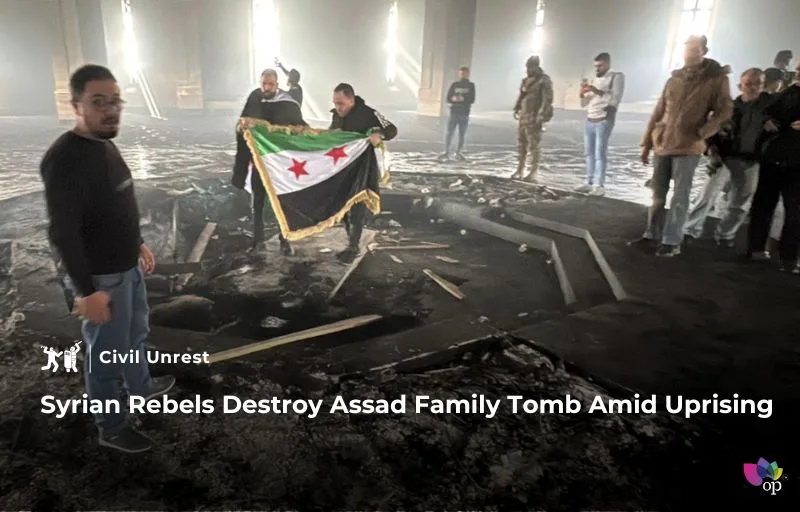According to the reports on Thursday (12 December), Syrian fighters burned the tomb of former president Hafez al-Assad in Qardaha, Latakia, following the ousting of his son, Bashar al-Assad. Rebel leader Ahmed al-Sharaa vowed to shut down the regime’s notorious prisons and secure chemical weapons sites with international assistance.
Meanwhile, Israel intensified military operations in Syria, targeting ports and missile warehouses in Latakia and Tartous. Israeli ground forces advanced into the Syrian Golan Heights, expanding their control amid the power vacuum created by the regime’s collapse.
Syria’s transitional Prime Minister, Mohammed al-Bashir, pledged to restore state institutions and repatriate millions of Syrian refugees. His administration aims to stabilize the country by rebuilding essential services and fostering international cooperation in Syria’s reconstruction.
The evolving situation underscores the complexity of Syria’s post-conflict landscape, marked by internal political shifts, ongoing foreign military involvement, and humanitarian challenges. As Syria navigates this critical period, the focus remains on restoring stability and ensuring the safety of its citizens.
References


